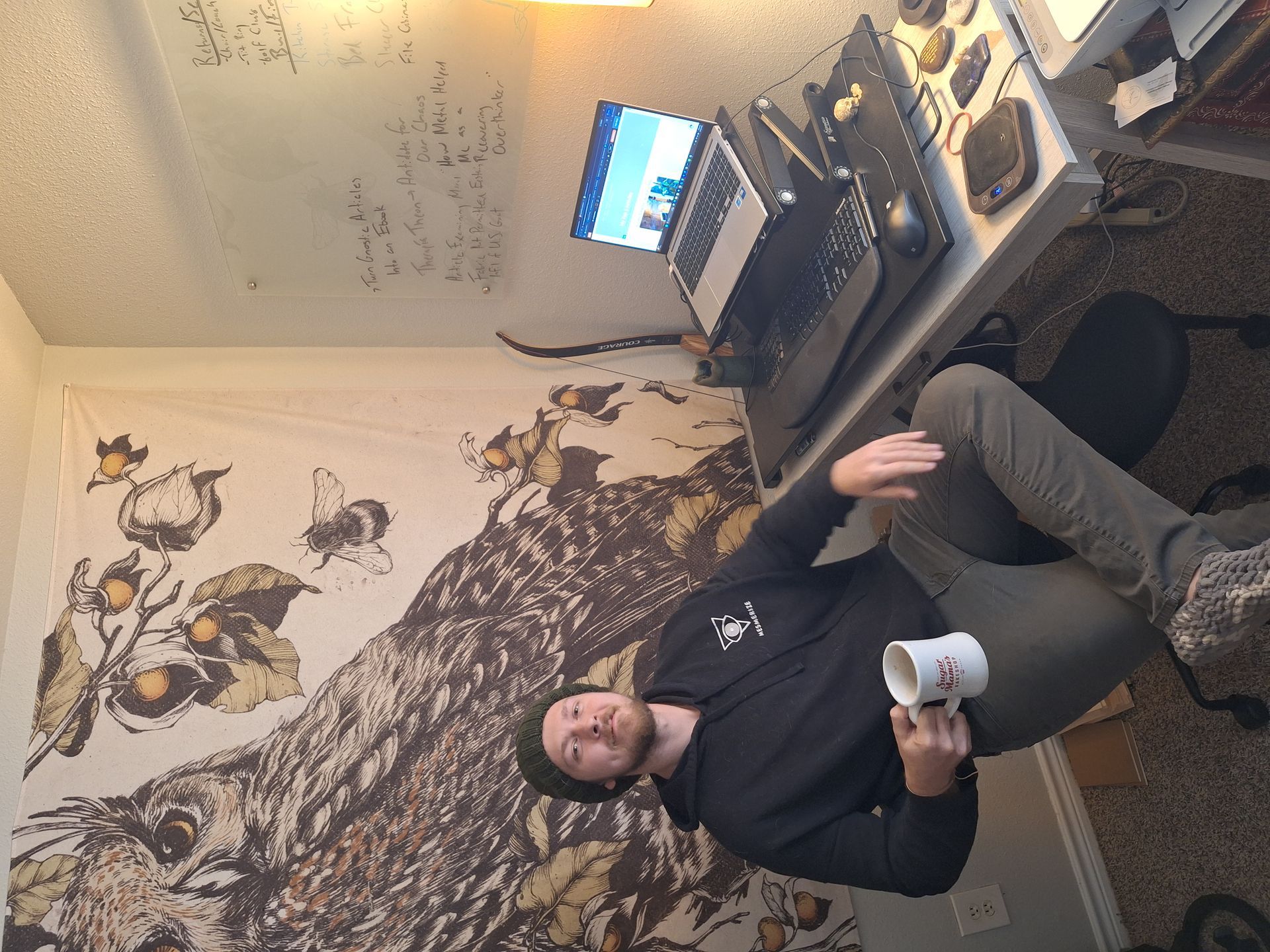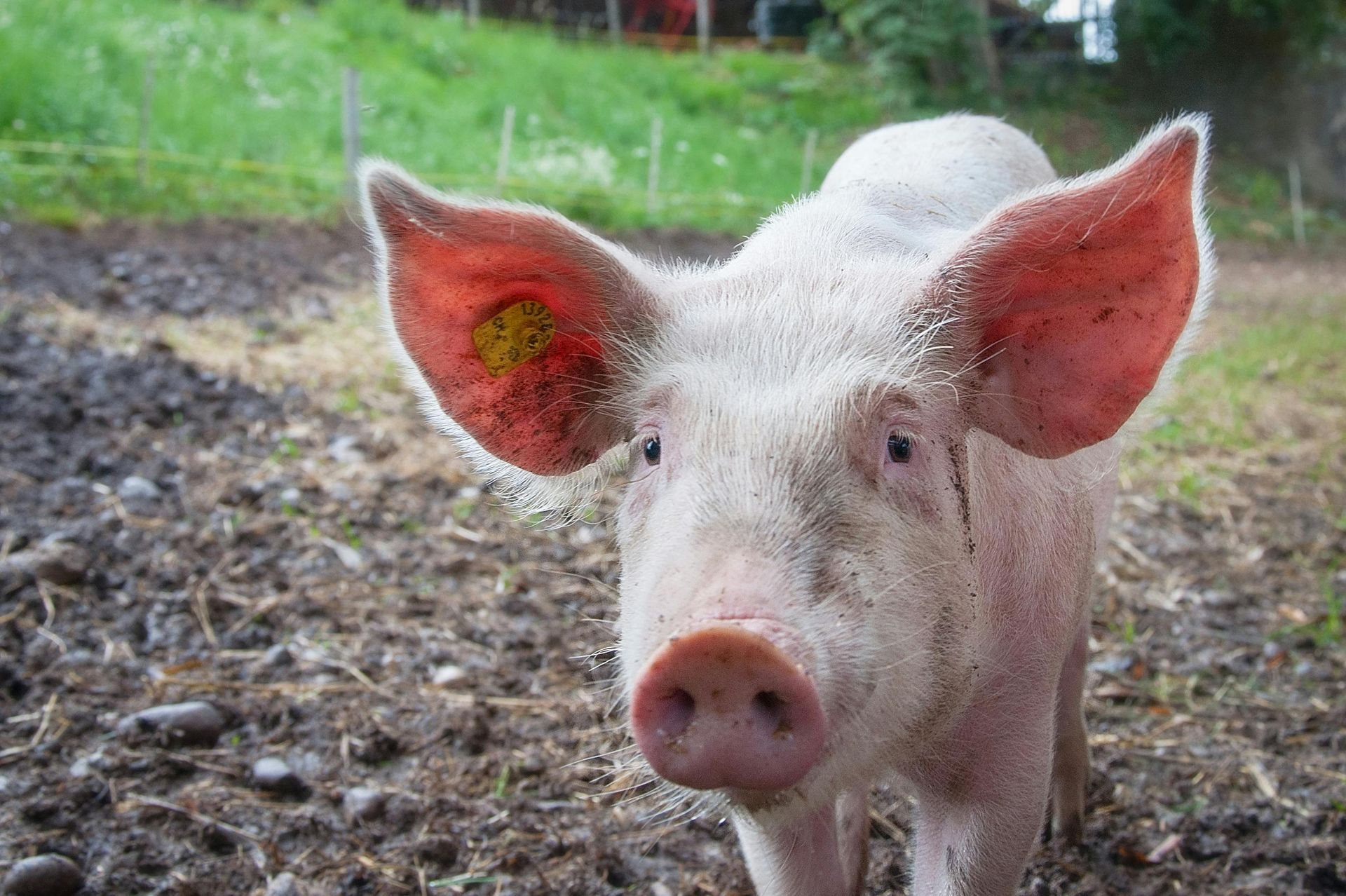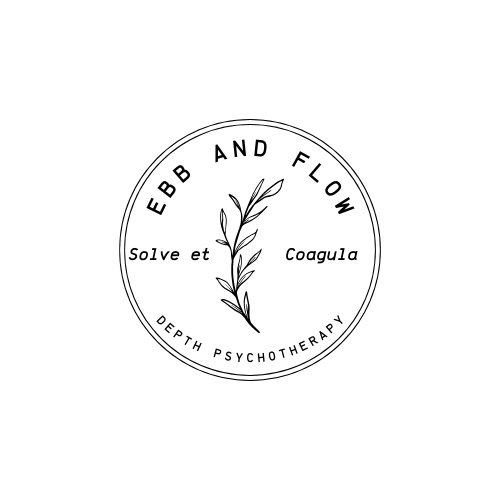Reconciling the Good and the Bad
Michael Ebbinghaus • August 24, 2022
Consciousness Expands in All Directions

The game of power and domination was a fun one for certain members of our species to play for a time. There is a sense of order as to why it became a principle part of our psychology. From as best I can tell, it was a necessary evil to our existence as self-aware beings. We became aware enough to know that ourselves and our kin were of the same constitution; it would take longer to recognize this in other groups of people and with the whole of nature at large. It is this latter movement that we are in the painful, messy phases of moving through and integrating.
It is also a trauma pattern, a way of creating safety for our kinship groups by defending against the “others,” because the fact is that we have been engaged in warfare and subjugation regardless of our ancestry. The fair and dark skinned are equally guilty, victims and victimizers all the same. Though the enslavement of African peoples is more recent, the fears and scars are just as present in all. This does not discount the greater intensity of social consequences for non-European peoples due to this recency effect.
"Growing in consciousness brings both an increased capacity to do good and evil."
This collective trauma pattern, due to its ubiquity, is sewn into every human soul. Humans possess greater access to the whole of the psyche, which is why we act in ways that are more cunning than the animals, good or bad. Elk do not seek to devise a way in which all their kin may be fed (they still display these same territorial characteristics, in fact), and chimpanzees, vicious though they are, do not conceive of the rich horrors we have perpetuated on each other.
Growing in consciousness brings both an increased capacity to do good and evil. There is no one without the other: arising to a new stage solves the problems of the former one but brings about new issues that can only be reconciled by rising again. New, previously inconceivable issues arise, and the cycle keeps going.
I wish I could write to you with an earnest heart and say that an increase in collective consciousness will end all unnecessary suffering. It will not. Our capacity to enjoy existence and to suffer it are each magnified – there is no one without the other. The great hope of increasing collective consciousness is that more and more people come to the stage where they truly feel their brethren’s pain, that the pirate who rapes the girl that throws herself off the boat recognizes that he is also the girl. But in that statement you can see the futility of trying to convince him of this. I can already hear the masses exclaiming “just give him psychedelics!”, but the experience would absolutely be interpreted at his present worldview, and he would be in grave danger of declaring himself God over all others, perhaps making him viler and more exploitative.
It is good to wish and work for a better world. But what does that mean, exactly, and how can we appreciate the majesty of where we are now? It is no doubt that there have been appalling consequences to globalization by European societies: many nations and groups of people remain fractured, we are addicted to social media, pornography, and every manner of material/substance, we have grown divorced from the ecology of our lands and of our own selves. Yet the stage is set for a major integration, one where our magnificent technological prowess can marry the roots of our natural upbringing, and we come into harmony with the planet, our environment, and each other in such a way that this becomes paradise.
"The great hope of increasing collective consciousness is that more and more people come to the stage where they truly feel their brethren’s pain..."
I know these views seem inimical. Here I’ve asserted that Heaven can be had, while earlier I acknowledged that Hell never leaves. Consciousness cannot expand in only one direction, and in fact we wouldn’t wish this. The dance of good and bad keeps the game going and makes it fun. Perhaps it is the conception of good and evil as irreconcilable opposites that has put us in the incredibly divisive situation we’re in.
I had a vision recently while falling asleep of a vivid demon priest. It was as if I were on medicine – I could see him so clearly, and the rotting flesh of his face was being interpenetrated with shadows, vines, regrowth and decay. He wore a blood-red robe, and he had the head of a rotting ram with dark yellow sockets, no eyes. The only words that came to me were: “Your power pales in comparison to the Almighty, from which YOU are also a creation.” He really did not like this. As much as they might try to deny this, it is true. Even the demonic is a creation.
The real difference in between creating Heaven on Earth vs. creating Hell, as we did in some parts of the 20th century, is the degree to which we are conscious of this. When our being, or parts of it, remain in unconsciousness, they grow dark and fetid. When they are brought to the light of consciousness and loving awareness, they flourish and grow.
Yet the opposite is also true – when we consciously promote the dark elements of our being, Hell really can manifest on the Earth as it did in the concentration camps and occult fascination of the Nazi high command.
I can’t say to what degree we should deny the demonic in ourselves – one really is playing with fire there. Gandalf, one of the most powerful wizards in all the land, is capable of facing the Balrog, but it does kill him. What I can say is that projecting it onto others while denying it in us is certainly not the answer. It is a recipe to ensure suffering.
The way forward, then, entails taking responsibility for and setting order to our inner kingdom, then replicating that process in our communities and nations. This means that we relinquish the narrative and dynamic of doer and done to. It does not mean that we relinquish boundaries or our right to life. But there is a way to channel our aggression, our greed, and lust towards a beatific and shared vision of living in a world that most of us would enjoy living in: a place where we can be free, where we and our children may play without fear, and where possibilities are continually expanding.
Which is all to say that doing our inner work so we might do our outer work has never been more important. There are many helpful guides and teachers along the way, both living and deceased, to whom we can learn from. The ones I admire and value are listed on the resources
page.
And while we are doing our inner work, confronting the shadow, and taking responsibility for ourselves, we should also remember to (while forgetting everything else!) walk in the forest, swim in the river, make love, break bread, and do what is delightful to us. For that is available to many of us right now, and is the true expression of Heaven on Earth.


